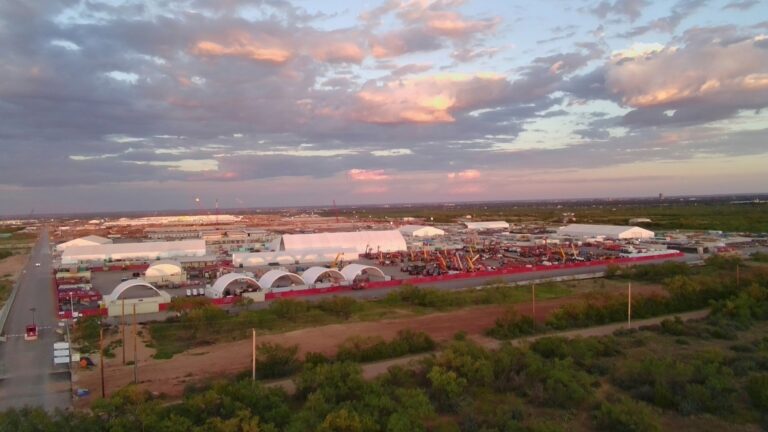The Economic Implications of Artificial Intelligence: Risks and Insights
LONDON (AP) — Concerns surrounding the economic potential of artificial intelligence (AI) technology have garnered significant attention from financial institutions. Recent warnings suggest the possibility of an AI investment bubble, compelling industry experts to re-evaluate the landscape.
Warnings of Market Corrections
Officials from the Bank of England have indicated an escalating risk of a market crash within tech stock prices, which have been buoyed by the AI boom. The British central bank highlighted, “The risk of a sharp market correction has increased,” signaling caution for investors.
Global Stock Market Reactions
The International Monetary Fund’s Managing Director, Kristalina Georgieva, echoed these sentiments shortly after the Bank of England’s report, remarking on the surge in global stock prices attributed to “optimism about the productivity-enhancing potential of AI.” However, she cautioned that financial conditions could “change abruptly,” particularly ahead of the organization’s upcoming annual meeting in Washington.
Identifying Potential AI Bubble Symptoms
Adam Slater, a senior economist at Oxford Economics, observed potential indicators of a bubble in the current AI landscape. These include rapid increases in tech stock prices, the substantial weight of tech stocks in the S&P 500, and extended stock valuations relative to their real value. Slater noted, “There’s a general sense of extreme optimism surrounding the technology, despite considerable uncertainties about its ultimate impact.”
Valuation Concerns for Major AI Companies
As investors closely monitor strategic partnerships between AI developers like OpenAI and major chipmakers, concerns about valuation abound. OpenAI, despite lacking profitability, has reportedly become the world’s most valuable startup with a $500 billion market valuation. The Bank of England cautioned that “stock market valuations appear stretched, especially for technology firms focused on AI,” comparing current valuations to the peak of the dot-com bubble in 2000, which precipitated a recession.
A Diverse Range of Economic Predictions
Predictions about AI’s economic impact are varied. While some forecasting models suggest radical transformations yielding unprecedented productivity gains, others, like MIT economist Daron Acemoglu, anticipate a modest 0.7 percent productivity gain over the next decade. Slater reflects, “No one really knows where it’s going to land,” emphasizing the wide range of outcomes possible from AI developments.
Tech Leaders’ Perspectives on Future Trends
Despite the prevailing pessimism, leading tech figures are optimistic. Amazon founder Jeff Bezos likened the current AI boom to past industrial bubbles, assuring that it could ultimately benefit society even if it bursts. He acknowledged that the enthusiasm surrounding AI investments makes it challenging for investors to distinguish between viable and non-viable business ideas.
Conclusion: Examining AI’s Long-Term Viability
Nvidia CEO Jensen Huang stressed the necessity for AI companies to secure funding through revenue as their AI systems evolve towards higher-level reasoning capabilities. Meanwhile, experts like Sudha Maheshwari predict that as initial excitement wanes, companies will scrutinize the return on investment for AI technologies more closely. “Every bubble inevitably bursts,” she noted, suggesting a shift within the AI sector by 2026, where practicality may overshadow initial hype.

